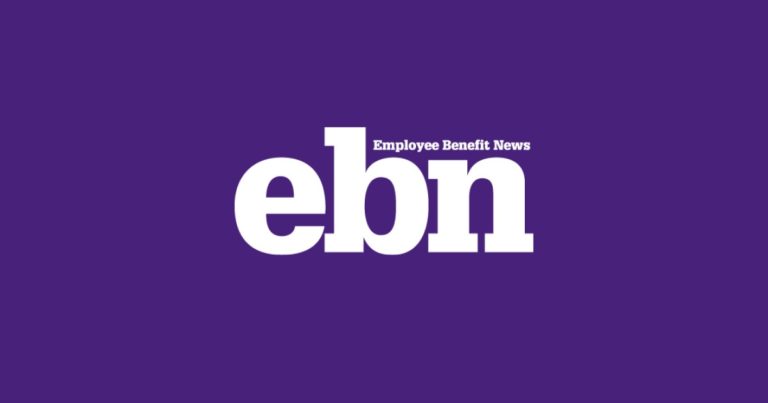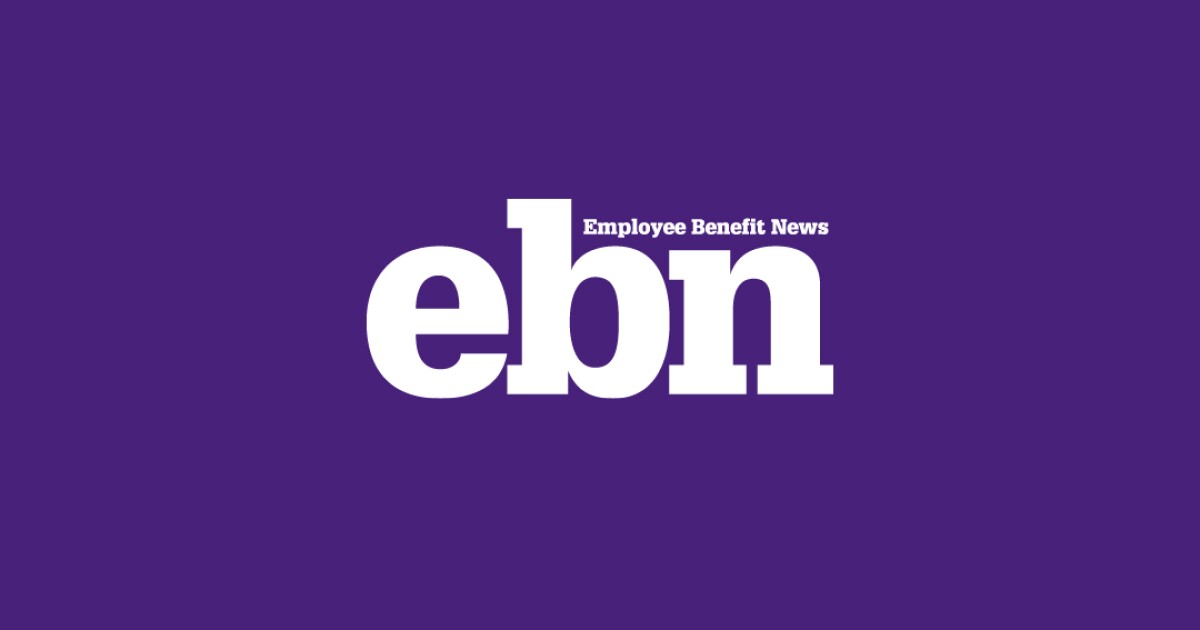

Historically, the workplace has not been equitable for all employees. As a gay man with a long history in the corporate benefits space, I can corroborate this truth firsthand.
In the past few years, companies across industries have made tremendous strides in their commitments to making the workplace a safer and more empowering place for everyone. The impact has been incredible, but true equality can’t be reached until all groups feel supported. Having an inclusive family building benefit can make all the difference. The reality is, we need support from a benefit to build our families.
Read More: Included Health and social media app Grindr have teamed up to bring queer employees better coverage
I entered adulthood in an era that seems very different from the one we live in now. The height of the AIDS epidemic and prejudice against the LGBTQ community created an environment where I didn’t feel comfortable coming out in my professional life.
Yet as my career progressed in the coming decades, I saw the world change. A remarkable generation of millennials joined the workforce, and employers became more open-minded and supportive of all people. As a gay man from a previous generation, I witnessed how truly agnostic a whole generation and, thus, society had become. I was finally comfortable enough to share my personal life with supervisors and colleagues. I felt hopeful that for the first time, things that were not historically available to the LGBTQ workforce — things like inclusive family building benefits — were on the horizon.
Read More: Even the smallest change can create a welcoming environment for LGBTQ employees
Five years ago, I learned of Progyny and its mission to make it possible for every person who wanted to become a parent to do so.
Fundamentally, this company was about identifying the cracks in the system and ushering in a new one where all people, regardless of who they were and who they loved, had the same access to family building treatment and care. In the first 10 minutes of interviewing at Progyny, I was asked if my values align with their mission of supporting all paths to parenthood, including same-sex family building and single parents by choice. At that moment I knew I was in the right place. I had witnessed change before, but now I was part of it.
Read More: The pandemic has made it harder for LGBTQ employees to come out at work
As the world continues to evolve and companies grow hungrier to provide equity for their LGBTQ population, it’s vital to assess the status quo, make needed changes, and create an environment defined by diversity, support, and celebration.
We connected with some Progyny clients to uncover the top five reasons why companies should offer more inclusive benefits and how to support a diverse workforce:
Re-examine how old policies no longer serve a new world
Insurance carriers don’t set out to create discriminatory policies. HR leaders don’t intend to limit their LGBTQ employees’ access to care. But inherently, traditional fertility benefits do so.
Read More: LGBTQ workers feel excluded from benefits conversations, but employers can change that
Often, fertility benefits offered by traditional carriers require a diagnosis of infertility to access care. Same-sex couples don’t have an infertility issue — they have a biology issue; therefore, requiring an infertility diagnosis limits their access to the benefit altogether.
“A major challenge with assisted reproduction is how prohibitively expensive the process can be,” says Carissa Sweigart, the leader of diversity, equity, and inclusion at Boston Beer Company, a Progyny client. “To show appreciation for their LGBTQIA coworkers, companies should look at their current fertility benefits from perspectives in addition to ‘medical issues’ causing infertility problems and be more inclusive based on other ways people build a family, whether through IVF, surrogacy, or adoption.”
Continue to innovate and expand offerings
The workplace, technology, and the world are constantly changing, and we need to continually adapt with it. The key to being on the cutting edge of new, inclusive policies is keeping an ear to the ground and re-evaluating areas for enhancement.
Read More: IBM study indicates employers need to do more to bridge gaps with LGBTQ community
“Planning any enhancements to a benefits program requires human resources professionals to have a thorough understanding of market trends, industry peers’ programs, innovative new product offerings, and the needs and wants of their employee population,” says a spokesperson from Progyny client Genentech.
Everyone’s path to parenthood is different, so be sure to assess all the services out there. A truly inclusive benefit includes coverage for services such as purchasing donor egg or sperm, genetic testing on embryos , and surrogacy or adoption reimbursement.
Read More: PwC is giving trans employees $75k for their healthcare costs
Beyond fertility benefits, it’s important to look at the benefit offerings holistically.
“Every day, we think about how we can better provide inclusive and equitable policies and programs for our LGBT coworkers, and amplify the community through partnerships and our actions, including using our powerful company and brand platforms,” Sweigart adds. “We want to hold ourselves accountable as an equitable employer and support the broader LGBTQ community.”
Invest in people, not employees
Employees are real people who live multi-dimensional lives. So, to ensure mental health, productivity and company loyalty, employers are providing more hands-on support and resources for the things their workforce values outside of the office.
Read More: Take PRIDE in your people: Supporting inclusive cultures from hiring to onboarding and beyond
“Offering employees fertility and family planning benefits is the right thing to do,” the Genentech spokesperson says. “We believe that discovering and developing medicines for some of the world’s most serious diseases requires a diverse mix of the best and brightest people. Providing employees with a comprehensive, competitive, and progressive benefits program helps us attract and retain the most talented professionals in our industry.”
A diverse workforce starts with a diverse leadership
Forward-thinking leaders lead to forward-thinking organizations. When companies across industries prioritize diversity and inclusion initiatives, leadership can’t be homogeneous.
Too often, historically marginalized people don’t have a seat at the leadership table. Without an array of input that reflects the fundamental interests of a diverse employee group, it’s harder for companies to progress. The greater the pipeline of opportunity, the greater an organization becomes.
Provide support and encourage communication
Often, HR leaders are unaware of how essential fertility and family building benefits are to their employees. However, a simple conversation may shift perspectives and bring forth a more inclusive offering.
Read More: The top 6 companies for LGBTQ employees
“The best recommendation we can give to other HR leaders would be to listen to your coworkers and find out what is most meaningful to them,” says Sweigart. “We have a culture where our coworkers are extremely comfortable raising areas where we can do better and challenge the status quo. We heard stories of frustration and disappointment with infertility that made us initially want to search for something better, but we were amazed and overwhelmed by so many others that were struggling as well in silence.”
It’s imperative for other leaders and management teams to listen to their workforce. Hear from them on what’s important, what they need to in order to thrive, and what makes them happy.